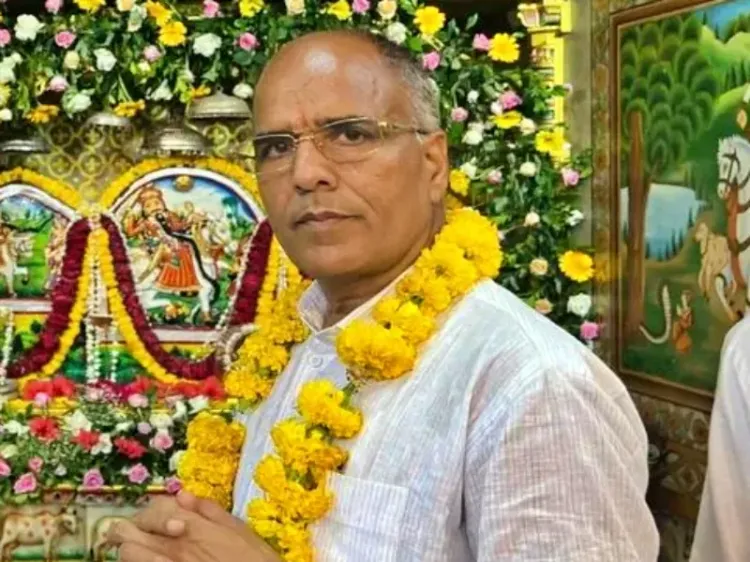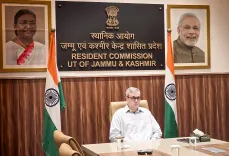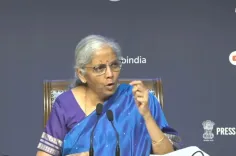What Steps Are Being Taken to Halt Chemical Wastewater from Sutlej?

Synopsis
Key Takeaways
- Continuous efforts are being made to halt chemical wastewater inflow from Punjab.
- 57 STPs are operational, with 10 more under construction.
- Real-time monitoring of water quality is in place.
- The NGT has mandated Punjab to implement adequate wastewater treatment facilities.
- Rajasthan is committed to supporting farmers' economic growth.
Jaipur, Sep 3 (NationPress) Public Health Engineering Minister Kanhaiyalal Choudhary informed the Assembly on Wednesday that the state government is actively working to curb the influx of chemical wastewater from Punjab into the rivers and canals of Rajasthan.
He mentioned that 57 sewerage treatment plants (STPs) are currently operational in the Sutlej catchment area, with an additional 10 new STPs under construction.
In response to supplementary questions from MLA Dungar Ram Gedar, representing the Water Resources Minister during Question Hour, Choudhary stated that the water quality entering Rajasthan via the Indira Gandhi Feeder and Bikaner Canal is being monitored in real time.
Reports are generated every hour at the Hanumangarh office of the Rajasthan Pollution Control Board and the Water Resources Department.
Recent reports indicate that the drinking water supplied meets the prescribed standards.
In his written response, the Minister highlighted that chemical waste from factories in Jalandhar flows into the Sutlej River and subsequently reaches Rajasthan through the Harike Barrage and associated canals.
The Rajasthan government has consistently urged Punjab to ensure that wastewater is only released into canals after appropriate treatment.
The Central Pollution Control Board has also instructed the Punjab Pollution Control Board to take measures to prevent pollution at its origin. The Minister elaborated that the National Green Tribunal (NGT) has mandated the establishment of a monitoring committee to address this issue.
According to the committee's findings, the NGT has directed Punjab to set up and manage adequate ETPs, CETPs, and STPs, along with preparing a comprehensive action plan.
The Tribunal has also required the Chief Secretary of Punjab to personally oversee the implementation of these actions on a monthly basis.
Meanwhile, on Wednesday, Rajasthan Chief Minister Bhajan Lal Sharma reaffirmed the state government's dedication to enhancing the economic well-being of farmers. He emphasized that government schemes and policies are facilitating the holistic development of farmers and their involvement in the vision for Viksit Rajasthan-2047.
The Chief Minister instructed officials to guarantee the timely execution of Budget announcements so that farmers and cattle-rearers can reap direct benefits.
CM Sharma made these remarks while reviewing the progress of Budget announcements related to the Agriculture, Agricultural Marketing, Horticulture, Animal Husbandry, Dairy, and Cow Husbandry Departments at the Chief Minister’s Office on Wednesday.
He asserted that agriculture must be promoted as an employment-centric sector through the adoption of innovative technologies and the rapid expansion of services for farmers.






